Gender: Male - Starting with W
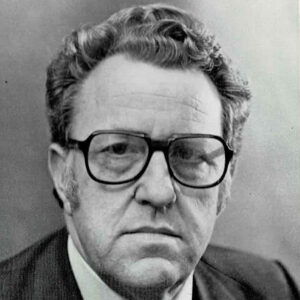 John L. Ward
John L. Ward
Ward, John Louis
Ward, John Paul
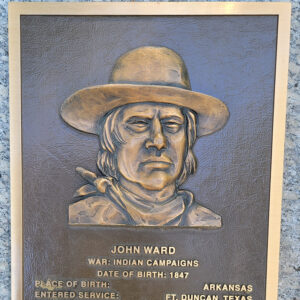 John Ward Plaque
John Ward Plaque
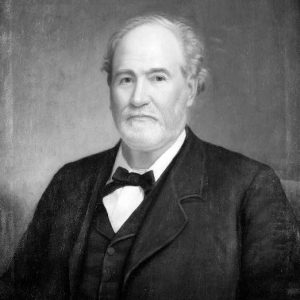 Zeb Ward
Zeb Ward
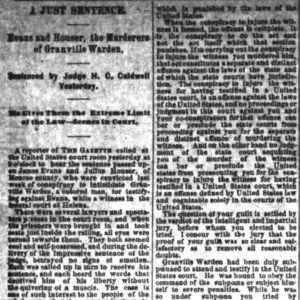 Warden Murderers Sentenced
Warden Murderers Sentenced
Warden, Granville (Murder of)
Ware, Ed
Ware, Jim and Jack (Lynching of)
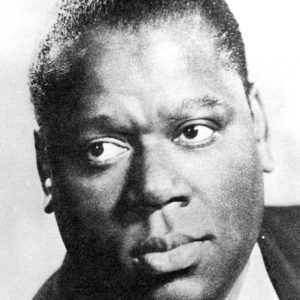 William Warfield
William Warfield
Warfield, William Caesar
Warneke, Lon
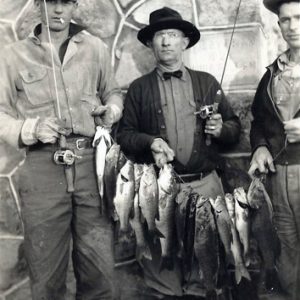 Lon Warneke
Lon Warneke
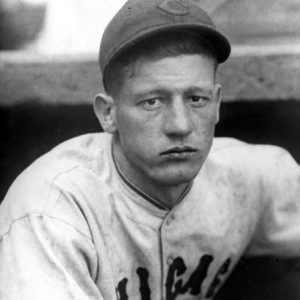 Lon Warneke
Lon Warneke
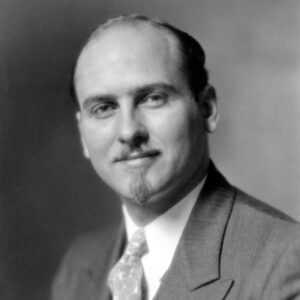 Kenneth O. Warner
Kenneth O. Warner
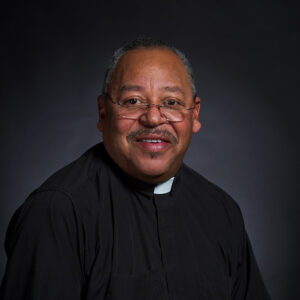 Warren L. Harvey
Warren L. Harvey
Warren, Edward Allen
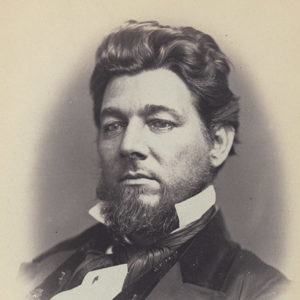 E. A. Warren
E. A. Warren
Warren, Nathan
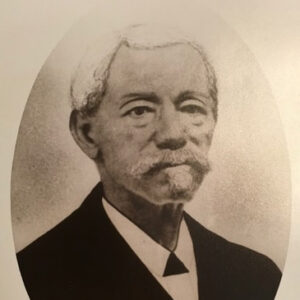 Nathan Warren
Nathan Warren
Warren, Will (Lynching of)
Warrick, Michael
Washbourne, Edward Payson
 Edward Payson Washbourne
Edward Payson Washbourne
Washburn, Alexander Henry
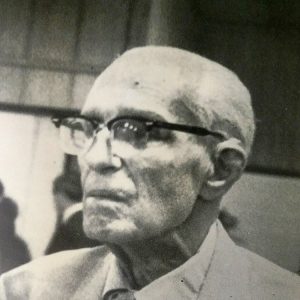 Alexander Washburn
Alexander Washburn
Washburn, Cephas
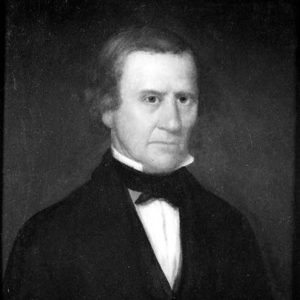 Cephas Washburn
Cephas Washburn
Washington County Lynching of 1856
aka: Randall (Execution of)
Washington County Lynching of 1860
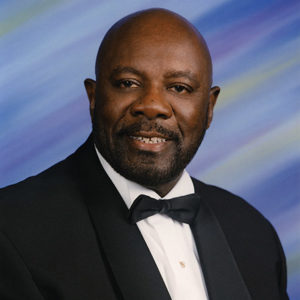 A. D. Washington
A. D. Washington
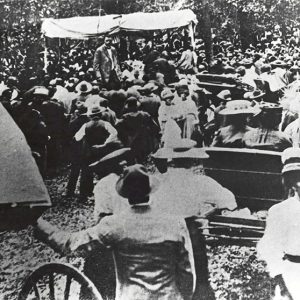 Booker T. Washington
Booker T. Washington
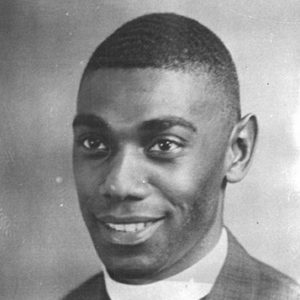 Rev. Emery Washington
Rev. Emery Washington
Washington, George (Lynching of)
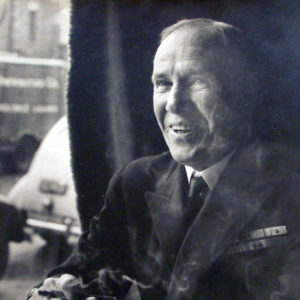 Corydon Wassell
Corydon Wassell
Wassell, Corydon McAlmont
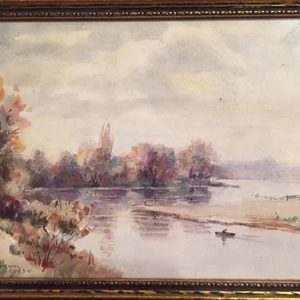 Watercolor
Watercolor
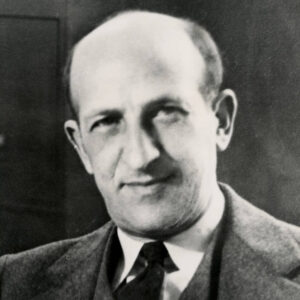 Julian S. Waterman
Julian S. Waterman
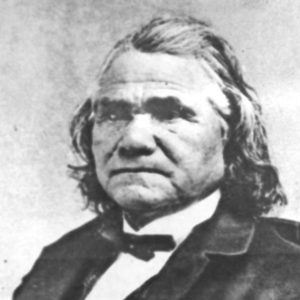 Stand Watie
Stand Watie
Watie, Stand
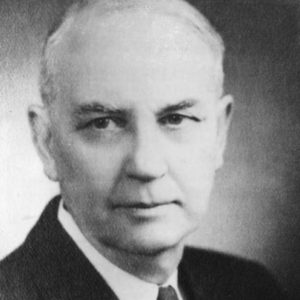 Charles Watkins
Charles Watkins
Watkins, Charles Lee
Watkins, Claibourne
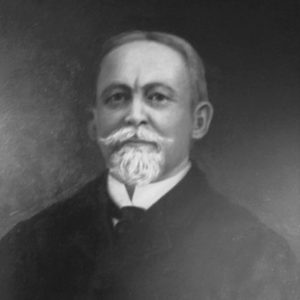 Claibourne Watkins
Claibourne Watkins
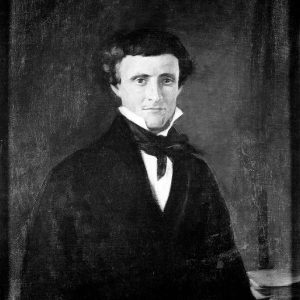 George C. Watkins
George C. Watkins
Watkins, George Claibourne
Watkins, Travis Earl
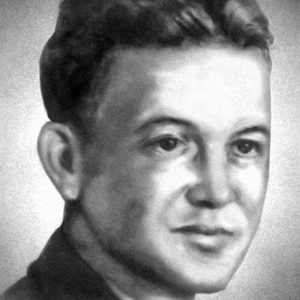 Travis Watkins
Travis Watkins
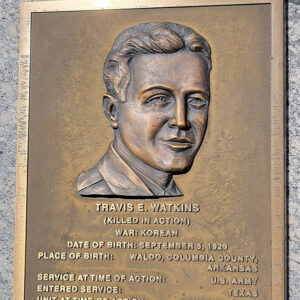 Travis Watkins Plaque
Travis Watkins Plaque




